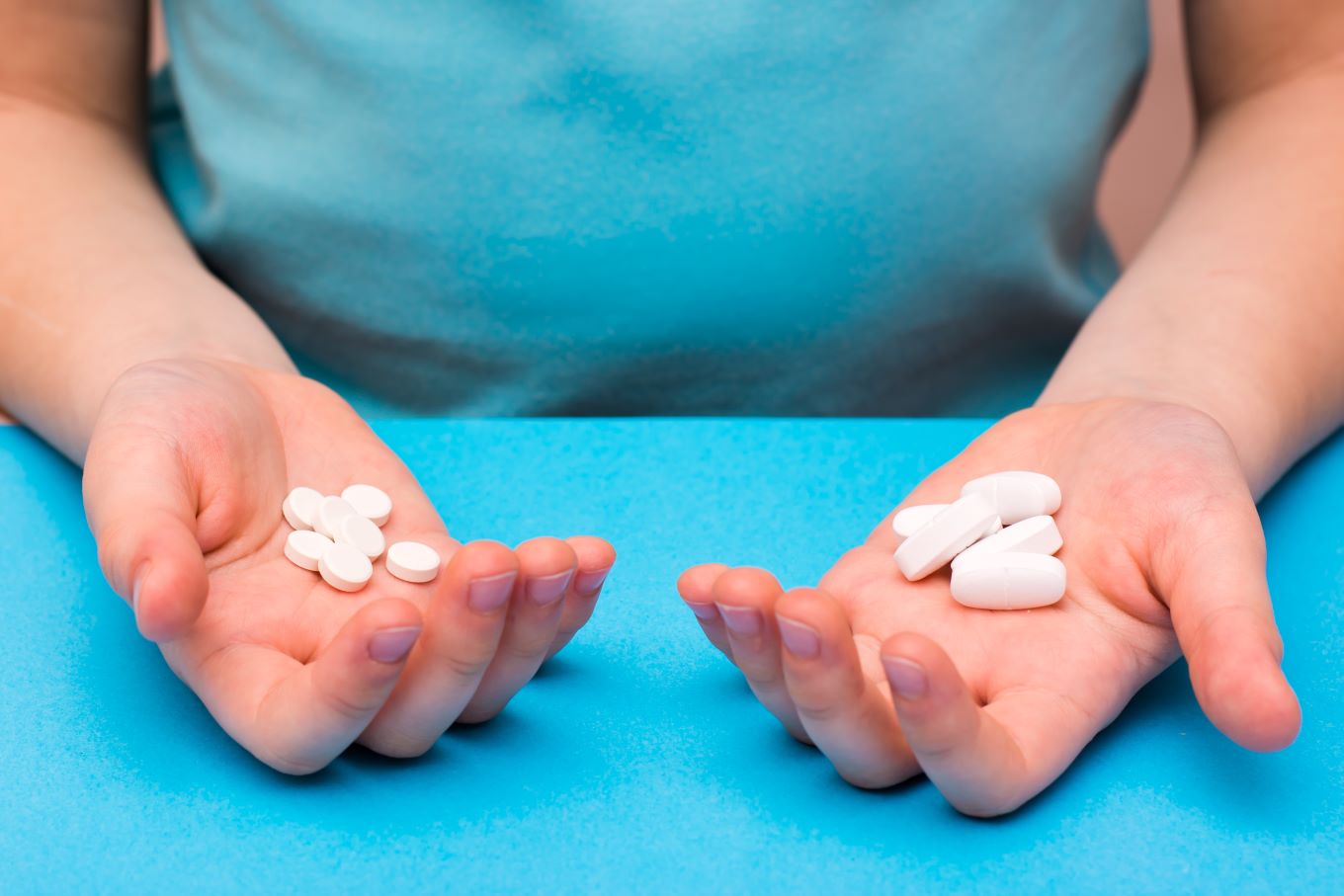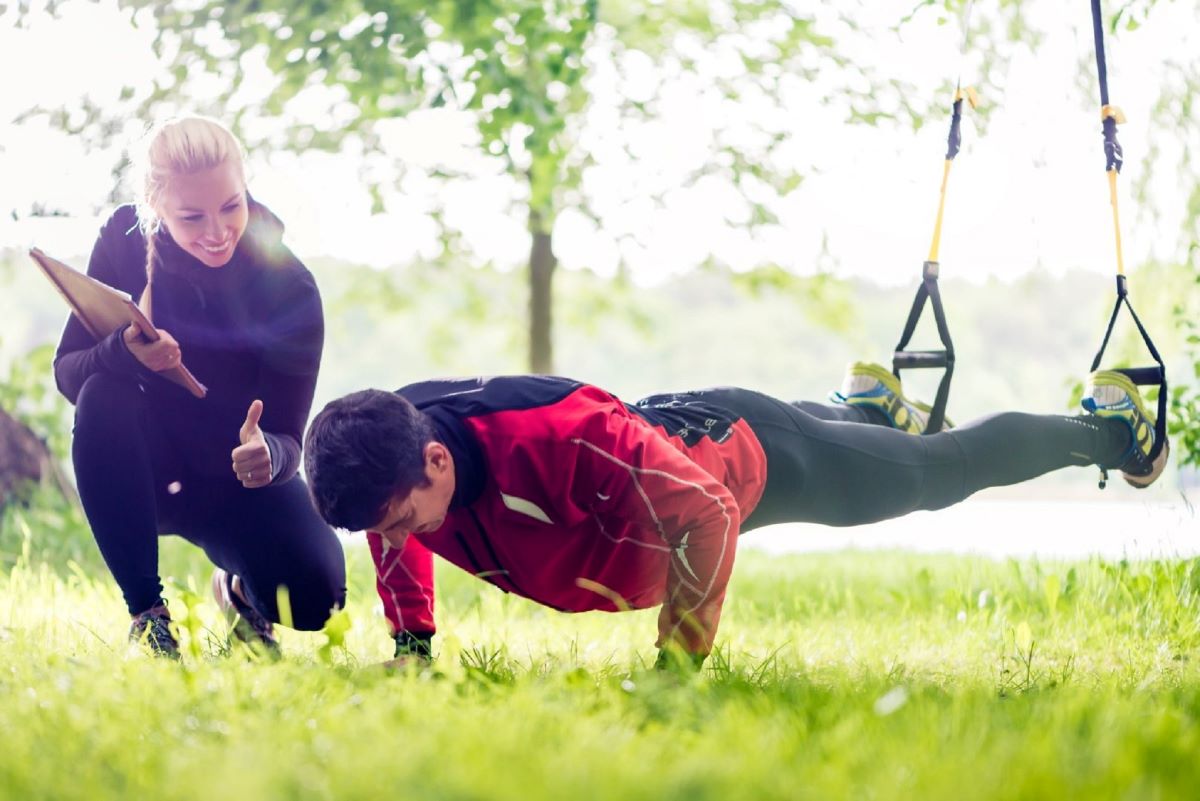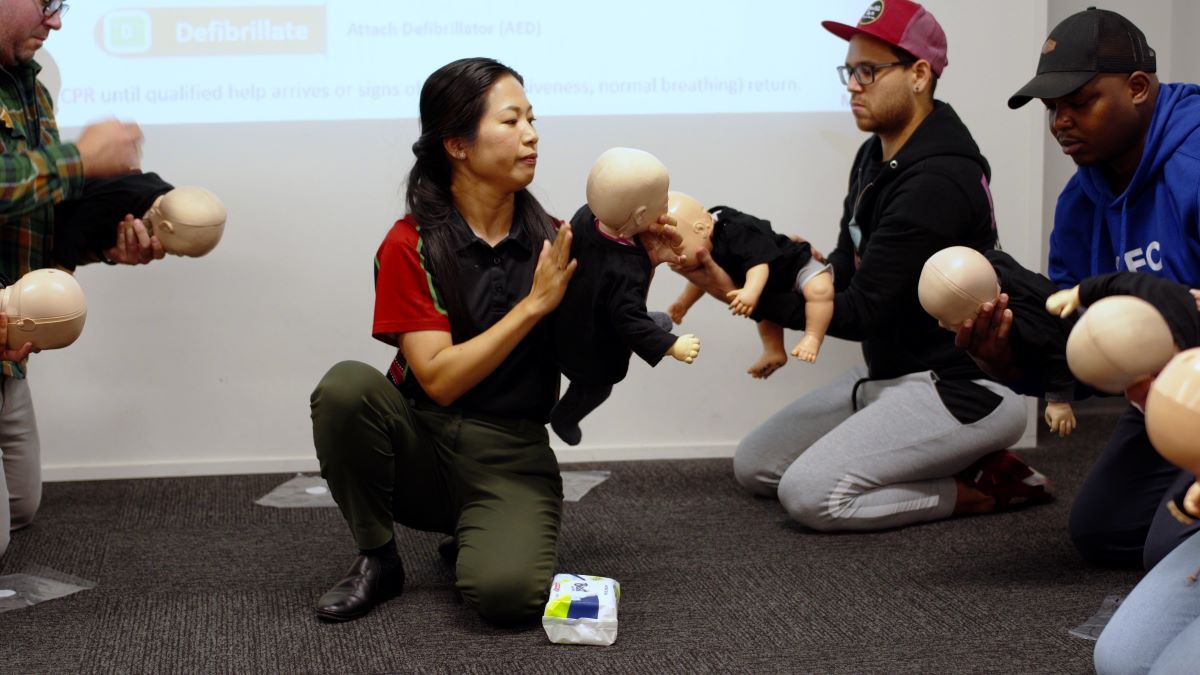Mental health is a powerful asset that allows people to unlock a wide range of health and social advantages.
While many would agree with this fact, still, there are higher cases of mental distress and not enough programs to prevent the illnesses.
As many countries slowly emerge from the impact of the COVID-19 pandemic, it is important to invest in skills to prevent mental health problems in all stages of life.
Mental Illness Can Be Prevented
Mental health is affected by social and environmental factors that interact with biological predisposition and family situations.
Mental illness is one of the single largest causes of ill health and disability in Australia. One in every five Australians has experienced mental health problems such as depression, anxiety, stress, substance use disorder, etc.
Before the pandemic, many people had already suffered from emotional difficulties indicating mental and psychological distress.
Anyone can suffer from poor mental health, and over a lifetime, most people will. However, despite how common these illnesses are, there is a lack of effort from others to improve the situation.
Many would have ignored the signs that indicate something is wrong. For this reason, victims would try and tough it out through unhealthy “distractions.”
These distractions may involve self-medication with drugs and alcohol and develop self-destructing behaviours. Many would simply give up and accept things just the way they are.
NO. There are effective interventions that can help reduce the prevalence of mental illnesses. Such practices can help elevate the mood, pushing the person to become more resilient and see the positive side of things.
Now is the perfect time to demonstrate the value of mental health through MHFA, which aims to deliver good mental health for all.
5 Ways to Support Better Mental Health for All
The following tips can help reduce the incidence of distress, improve a person’s wellbeing, and save lives.
Taking care of physical health
Studies prove that physical and mental health are well connected, which is why both should be on top priority.
Take care of physical health by getting enough sleep, engaging in regular exercise, and practising eating healthy.
Maintain good connections with others
Humans are naturally social creatures, which is why it’s important to build strong, healthy relationships with others.
Having the right social support may help in preventing the harm of stress. Surround yourself with friends, families, and even people in the community or neighbourhood.
Developing coping skills
There are certain methods that help people deal with stressful situations. These coping mechanism pushes them to take action, be flexible and not easily give up on finding a solution.
The coping skills can be through volunteering, getting a job, learning new skills, and exploring other things. All these can help develop a sense of meaning and purpose in life.
Practice meditation and relaxation techniques
Meditation is a mind-body practise that helps focus the attention and awareness of positive things.
On the other hand, relaxation practices are practices that help produce natural relaxation response from the body.
Both practices can help slow down breathing, lowers blood pressure, and reduces stress and muscle tension.
Upskill to provide appropriate mental health and well-being support
Mental health first aid training (MHFA) should be widely available to everyone, helping them recognise signs of ill-health and how to respond.
Understand different factors that help build resilience and coping skills and know prevention and early intervention techniques.
In a nutshell, protecting mental health will require taking care of physical fitness, recognising emotional needs, and fostering strong relationships to achieve balance in different areas of life.
Mental Health First Aid
Learn how to apply mental health action plans in different situations by taking a Mental Health First Aid Course. Know the signs and provide the proper response for panic attacks, suicidal thoughts and behaviours, and other mental crises.
MHFA provides the opportunity to practice through role-plays and activities – making it easier to apply interventions in real-life situations.
More information on mental health first aid is available on our course page.







